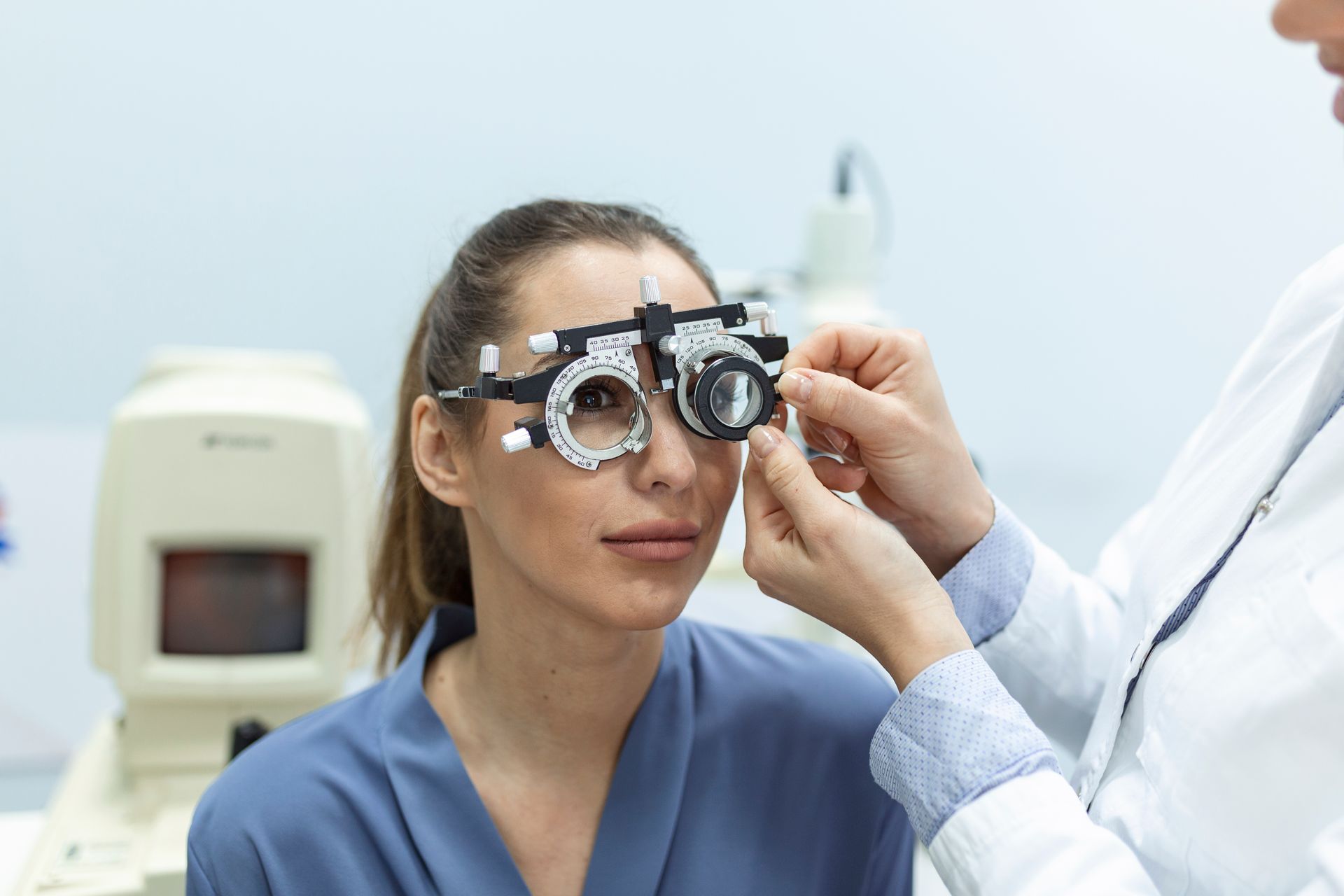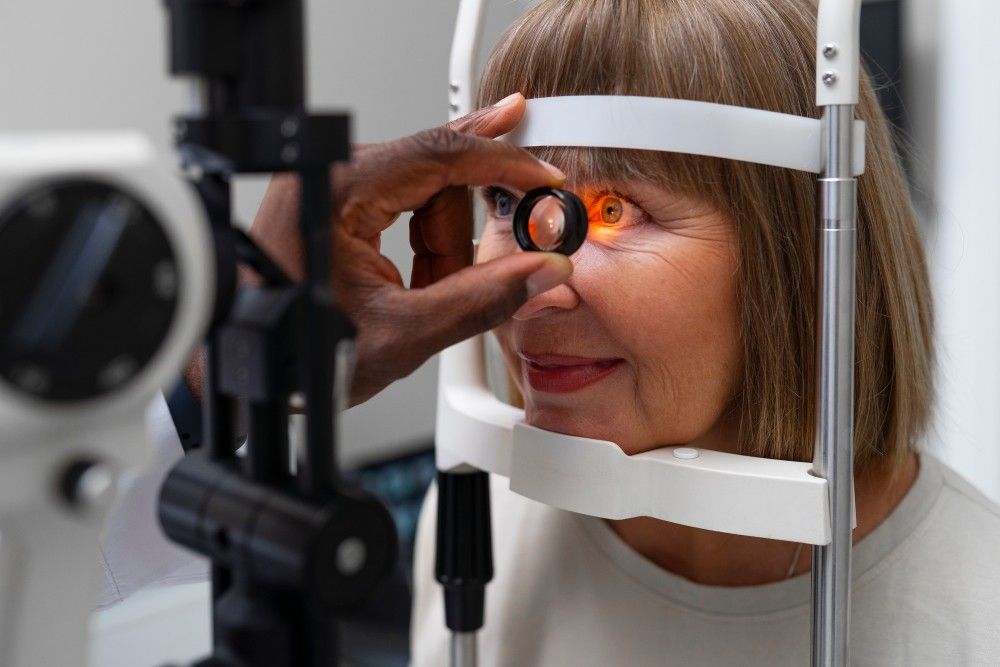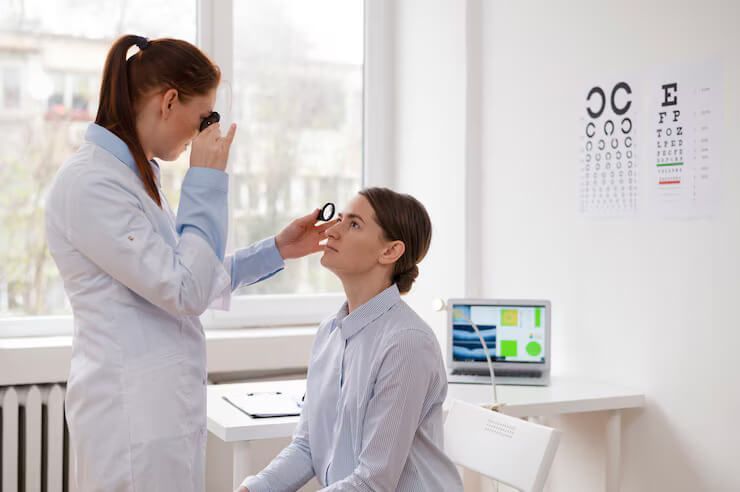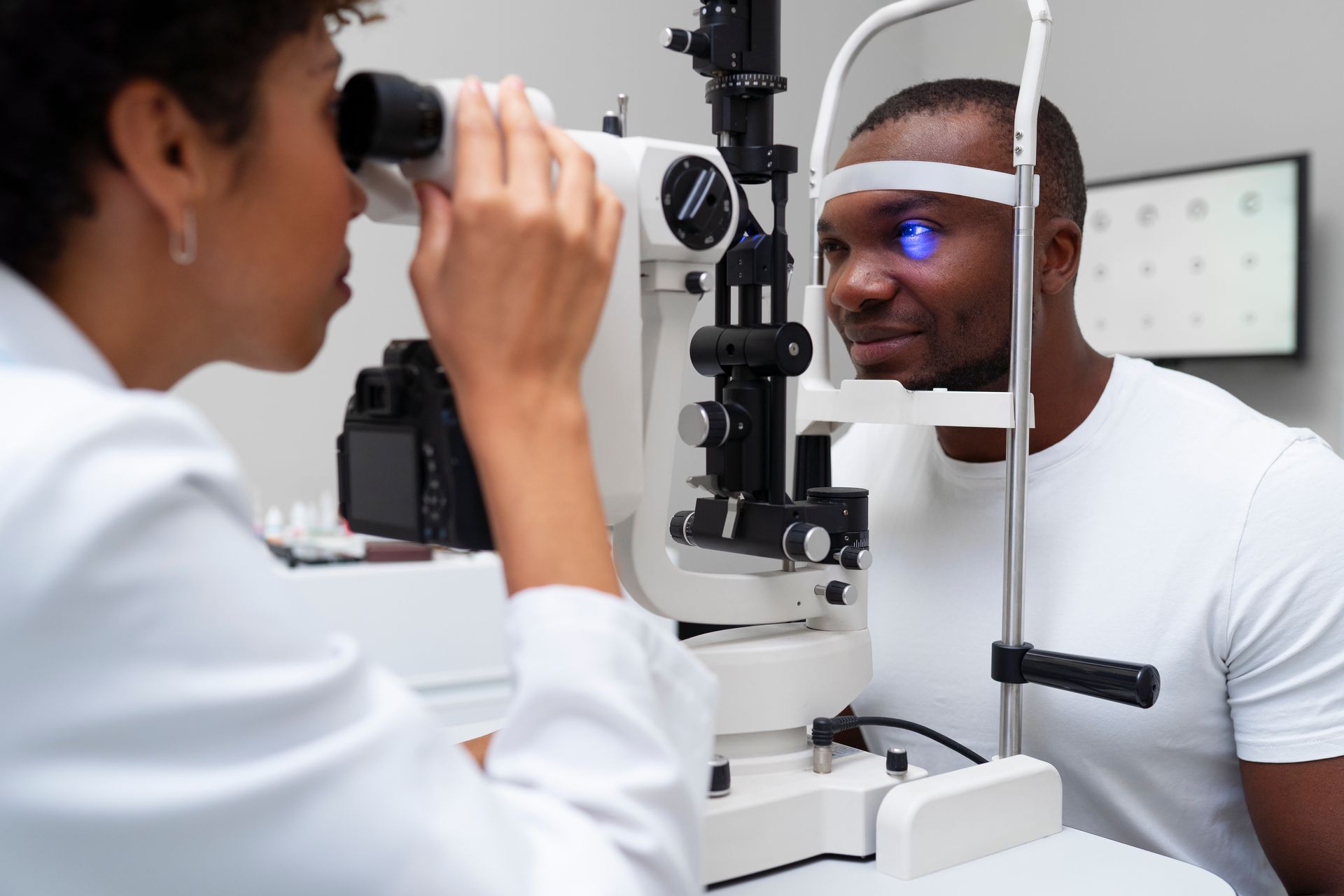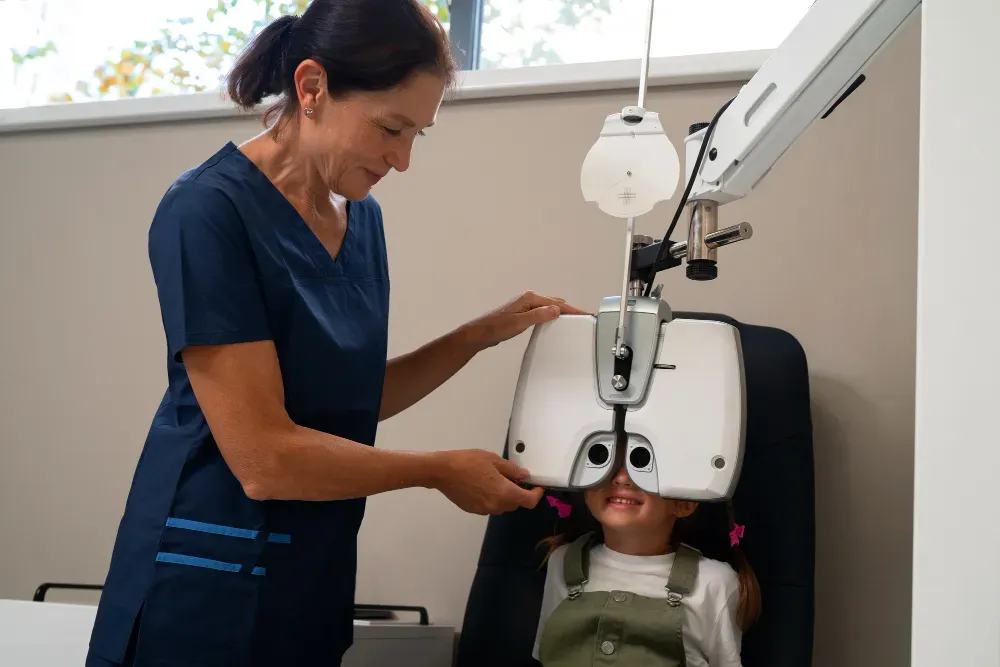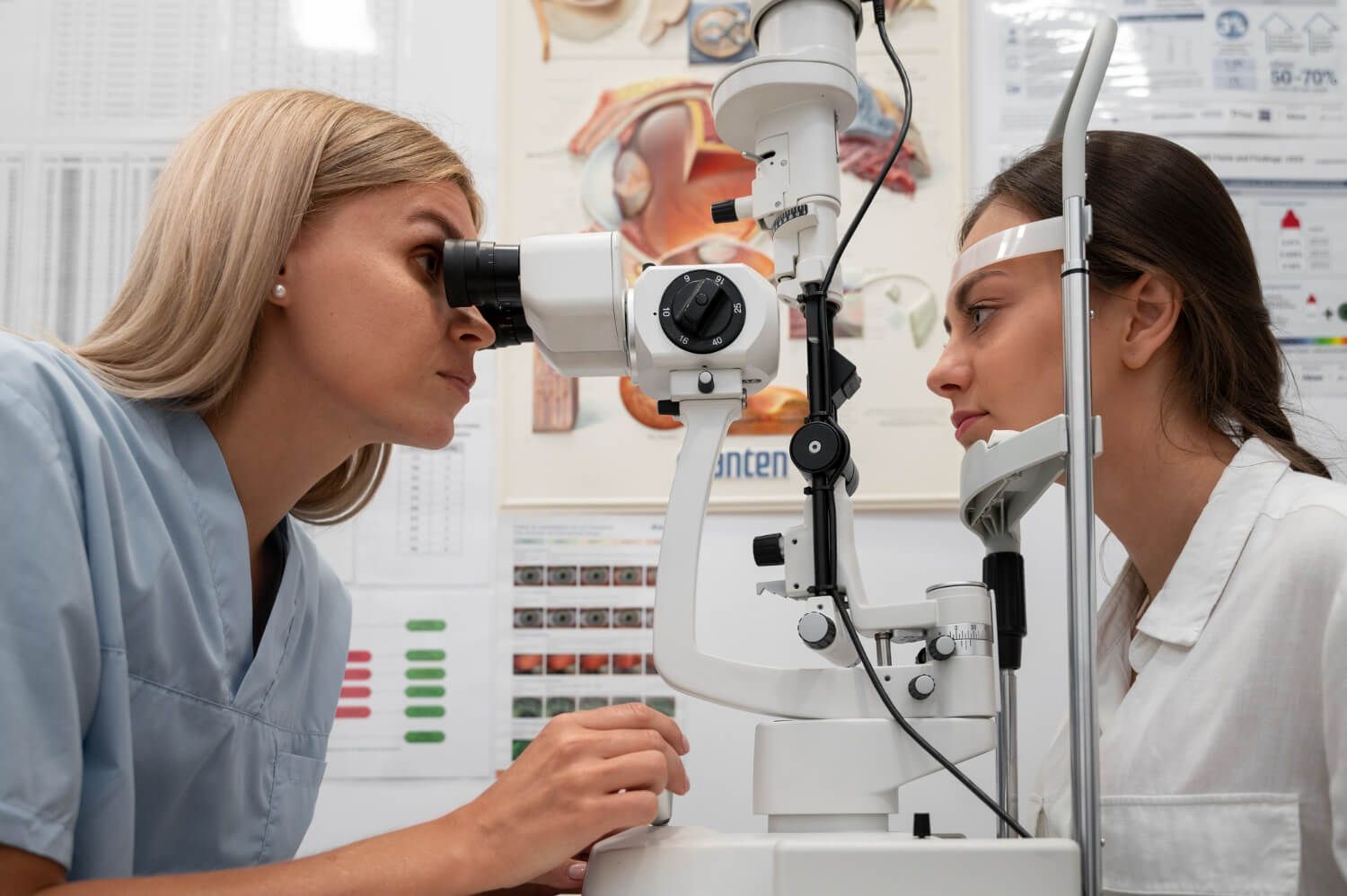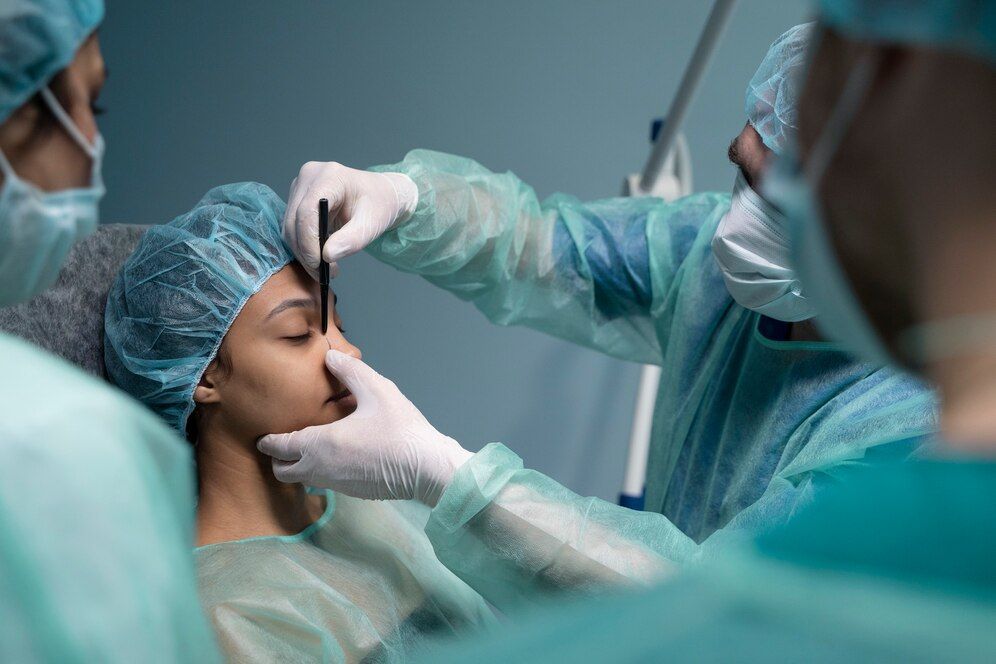LASIK is an eye surgery well-known for laser refractive surgeries to rectify vision issues. It is a great alternative to glasses and contact lenses as the laser assists in situ keratomileusis. In LASIK surgery, an advanced type of laser cutting device is an integral part of the treatment as it helps to effectively change the shape of the cornea— a dome-like translucent tissue at the forefront of an eye. This modification of the cornea helps in improving vision.
The corneas of the standard eye refract light accurately into the retina at the rear end of the eye. In contrast, eyes with myopia, hyperopia, or Astigmatism refract the light distortedly. This further leads to blurred vision. Where glasses and contact lenses only correct vision,
LASIK surgery goes a step forward to uproot the cause of the problem by fixing refraction altogether.

Compatible Candidates For LASIK Surgery
In the previous section, you saw the kind of eye issues that can be corrected using LASIK. Here, let’s go into detail to see if you or the person you recommend this treatment to is an eligible candidate. If you identify with any eye problems, you can consider LASIK as a potential alternative to glasses and contact lenses.
Myopia
Myopia, more commonly termed nearsightedness, is when your eyeball is longer than its standardised length or the curve of your cornea is too sharp. Light rays overwhelm the front of your retina and obscure remote vision. This causes you to see the objects in front of you crystal-clear, whereas those far behind tend to blur away.
LASIK surgery enables surgeons to correct nearsightedness by extracting the near focus. The doctors flatten the cornea for the light to focus directly upon the retina instead of elsewhere. This results in an in-focus image; thus, myopia is corrected without wearing spectacles.
Hyperopia
Hyperopia, otherwise known as farsightedness, is a condition that occurs if your eyeball is shorter than average or if your cornea is too flat. In this case, the light rays converge behind the retina rather than on it. This can make near vision, and at times, distant vision, significantly blurry.
Excimer lasers create an ultraviolet light beam to extract microscopic quantities of tissue for the cornea. Doing so allows the light rays entering the eye to fall precisely on the retina. This can improve near vision quality and allow one to refrain from contact lenses without compromising eyesight.
Astigmatism
Astigmatism is a disorder when the cornea or lens is of a different shape than normal. While the primary cause of this condition remains unknown, the risk factors of being diagnosed with astigmatism are eye diseases, eye injuries, and post-surgery side effects. Here, light rays fail to refract in an appropriate manner, which causes them to fall short of or beyond the retina instead of on it. Both nearsighted, as well as farsighted vision can be blurry.
Ultra-precise lasers incorporated in the procedure of LASIK Surgery at Hill Country Eye Center can reshape the cornea. This causes the frontal structure of the eye to be more symmetrical, which in turn reverses the symptoms of astigmatism. A majority of astigmatism cases can be corrected through one procedure. This will eliminate the need to opt for glasses or contact lenses.
What Makes LASIK Surgery Better
Eye Strain
Be it glasses or top contact lenses, your eye is more likely to undergo some strain. One of the keys and irreplaceable contributors to vision problems is screen time. However, getting rid of it altogether is impractical as most education and employment facilities are affiliated with devices. As LASIK fixes the refractive errors in the vision, you no longer need contacts and glasses to manipulate your eyesight. This effectively reduces the strain and fatigue your eyes witness.
Comfort
Glasses and contacts tend to interfere with people’s everyday activities. They pose a restriction to certain activities. For instance, it is impossible to wear glasses in a pool, and contact lenses, on the other hand, cannot be near harmful chemicals and flame. Moreover, glasses come with the off-chance of sliding off during physically exerting activities like gym sessions and jogging. LASIK at Hill Country Eye Center contains the power, knowledge, tools, and expertise to resolve all these inconveniences. It permits you to thrive without having to worry about anything.
Final Thought
At
Hill Country Eye Center, our highly qualified professionals prioritise the health and safety of all our patients. Our only motive is to provide reliable, secure, and effective services to relieve eye problems. Our LASIK surgery services enable our experts to bring a restriction-free alternative to your list of options. Choose us to correct your eyesight issues and let your vision be at its best.
